A Guide to Healthy Living for Seniors
As we age, it is natural to experience certain physical and mental changes such as reduction in energy levels, weakening of muscles, slower cognitive function, and more. But along with age, poor lifestyle choices will also have a direct impact on your health, these include:
- Lack of physical activity
- Poor eating habits
- Smoking
- Insufficient sleep
While it’s difficult to completely overcome age-related health changes, the good news is that seniors are living healthier and longer due to remaining active as they age. Here, GenerationFit explores various useful lifestyle changes you can undertake to help you feel your best each day.
Have a Warm Bath
As reported by Livestrong, bathing in hot water helps to increase the release of nitric oxide in your body, leading to blood flowing smoothly to all-important joints and organs. This results in a reduction in inflammation and better cardiovascular health.
Focus on Eating Healthy
As recommended by the NCOA, focus on eating foods that help to keep you healthy in all aspects from bone strength, digestion, cardiovascular function, and more. This means including lean meat, whole grains, fruits, and vegetables as a regular part of your diet.
Engage in Physical Activity
Regular exercise will help to increase your energy levels, reduce the risk of falls and make it easier to get quality sleep. Your routine can include taking brisk walks, use of GenerationFit resistance bands that are easier on joints, and cool-down exercises.
Prioritize Good Mental Health
Up to 20% of individuals experience seasonal affective disorder (SAD) during the winter, which leads to a feeling of constant fatigue, stress, and depression. Here are a few ways to overcome the symptoms of SAD:
- Plan to venture outside during daylight hours
- Maintain strong social connections with friends
- Engage in activities that give you a sense of purpose such as hobbies, exercise, sports, etc.
- If you aren’t finding relief despite making changes, it may be time for a virtual visit with a physician.
Practice Meditation
In addition to the above suggestions, meditation can also be a boon for your mental health. According to research, it helps reduce cortisol levels, promotes positive thinking, and allows you to recharge your mental battery.
Common meditation techniques include guided meditation, yoga meditation, and vipassana meditation. Depending on your preference choose the technique best suited for you.
Implementing these lifestyle changes will lead to you feeling healthier, energized, and happier each day.
Blog contributed by Kimberly Thomas from ushealthcorps.org
Image via Pexels
